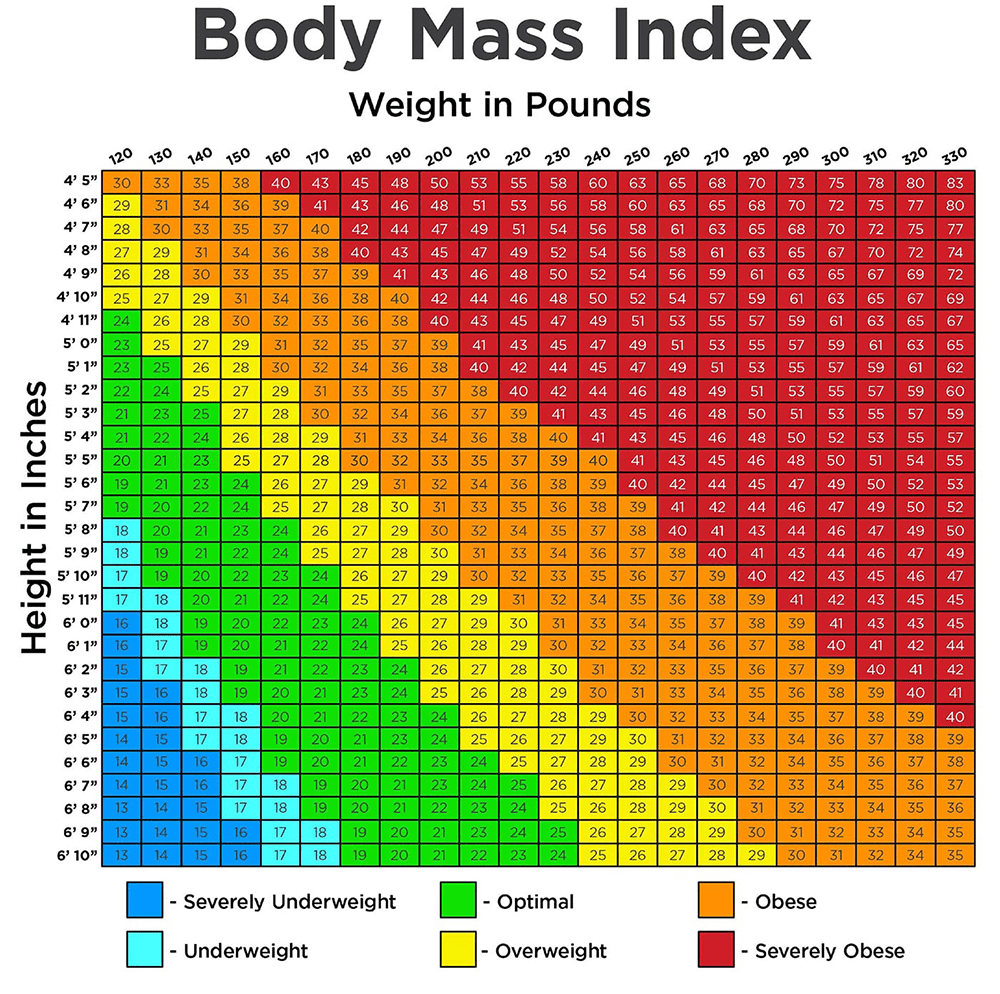Have you ever paused mid-sentence, unsure of the right word to describe someone’s size? Maybe you’ve caught yourself wondering if “fat” is too harsh or “chubby” too lighthearted. The truth is, choosing the right words to describe body size is a tricky dance, especially in a world obsessed with thinness. We’re often left stumbling, trying to navigate a complex world of social expectations, personal feelings, and the ever-evolving language surrounding weight.

Image: womensfitnessafterforty.com
This article delves into the subtle differences between the words “fat” and “chubby,” exploring their histories, connotations, and the impact they have on how we perceive ourselves and others. We’ll look at the power of words, the nuances of language, and how to navigate the complicated conversations surrounding body size with more sensitivity and understanding.
A History of “Fat” and “Chubby”
“Fat,” in its essence, is a descriptive term used to identify a larger-than-average body size. It’s a simple, straightforward word, but its history carries a heavy burden. In the past, “fat” was often associated with wealth and prosperity — a symbol of abundance in a world where famine was a constant threat. However, societal values shifted, and “fat” became increasingly linked to negative connotations like laziness, lack of discipline, and poor health.
“Chubby,” on the other hand, emerged as a more playful, almost endearing term. It often evokes images of plump babies or rosy-cheeked children, carrying a sense of cuteness and harmlessness. However, “chubby” can also be used in a patronizing or even demeaning way, particularly when applied to adults. The implication is that being “chubby” is a temporary phase, a passing state of fullness that can be easily remedied.
The Power of Words and the Weight of Expectations
The words we use to describe body size wield a tremendous impact. They shape our perceptions, influence our self-esteem, and contribute to the complex social landscape around weight. When “fat” is used as a slur or insult, it reinforces negative stereotypes and contributes to the stigma surrounding larger bodies. Similarly, “chubby,” while seemingly harmless, can mask the uncomfortable reality of weight-based discrimination and prejudice.
It’s important to remember that words have the power to hurt, even when they are not intended to. The next time you’re tempted to use a word like “fat” or “chubby,” consider the impact your words might have on the person you’re talking about. Does it reflect your true feelings? Or is it a shortcut, a way to avoid the complexities of a sensitive topic?
Finding a Middle Ground
No single word perfectly captures the nuances of body size, and finding common ground in a conversation about weight can be tricky. Here are some strategies to navigate these conversations with more sensitivity:
- Focus on health rather than appearance: Instead of commenting on someone’s weight, talk about their well-being. Offer support or encouragement for healthy habits without focusing on body size.
- Use respectful language: Avoid using terms that are likely to be offensive or hurtful. Instead of “fat,” opt for more neutral terms like “larger” or “curvy.”
- Respect individual preferences: Everyone has different comfort levels when it comes to talking about their bodies. If someone isn’t comfortable discussing their weight, respect their boundaries.

Image: www.bmicalculatorkg.com
Beyond Words: Embracing Diversity
It’s time to move beyond labeling and embrace the reality of diversity in body sizes. There is no single “ideal” body type. Bodies come in all shapes and sizes, and each body is unique and deserves respect.
Shifting the conversation away from the weight of words and towards the importance of health, well-being, and individual preferences is a positive step in the right direction. We need to create a world where people of all sizes feel valued and respected, and that starts with being mindful of the language we use.
What’S The Difference Between Fat And Chubby
A Call to Action:
The next time you’re about to use a word to describe someone’s body size, pause for a moment. Consider your intentions and the potential impact of your words. Are you being respectful, understanding, and inclusive? Choose your words carefully, and let’s work together to create a more compassionate and accepting world.






